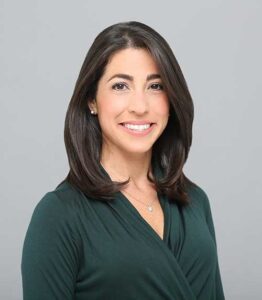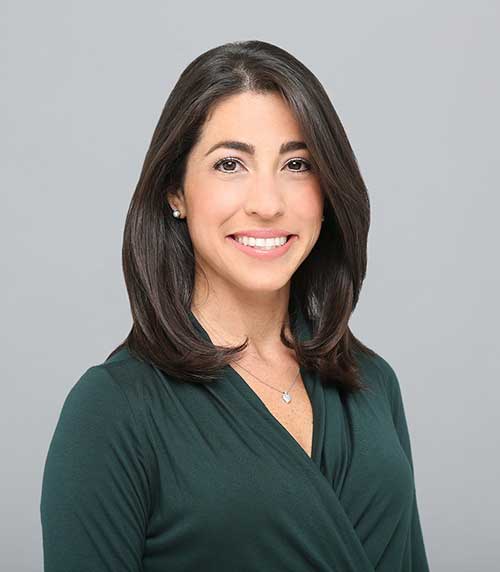 In June, The Real Property, Probate and Trust Law (RPPTL) Section of the Florida Bar announced that attorney Allison L. Hertz, BCS of Kaye Bender Rembaum has been named Co-Chair of its Condominium & Planned Development Committee. Ms. Hertz, a Board Certified Specialist in Condominium and Planned Development Law, joins a long line of the most preeminent and respected attorneys in this field of law to have held this position.
In June, The Real Property, Probate and Trust Law (RPPTL) Section of the Florida Bar announced that attorney Allison L. Hertz, BCS of Kaye Bender Rembaum has been named Co-Chair of its Condominium & Planned Development Committee. Ms. Hertz, a Board Certified Specialist in Condominium and Planned Development Law, joins a long line of the most preeminent and respected attorneys in this field of law to have held this position.
“I am honored and proud to serve as Co-Chair for the Committee and will continue to provide input for the betterment of all Florida community associations”, said Allison Hertz. Jeffrey Rembaum added, “Ms. Hertz is extremely knowledgeable in this body of law, and will no doubt be a valuable asset to the RPPTL committee.”
Ms. Hertz is also the Vice-chair of the Condominium & Planned Development Law Certification Review Committee, and she recently served as Chair of the Condominium & Planned Development Committee’s Hurricane Protection Subcommittee, and was a member of the Committee’s Emergency Powers Task Force. As corporate counsel, Ms. Hertz assists clients in all aspects of community association law for Kaye Bender Rembaum. She is also a frequent lecturer, and leads courses that provide certifications for new board members and continuing education credits for property managers.
The mission of the Condominium & Planned Development committee is to provide information about legislative and administrative regulation of condominiums, cooperatives, homeowners’ associations and planned developments; to provide expertise and input regarding proposed legislation and regulations affecting or impacting condominiums, cooperatives, homeowners’ associations and planned developments; to educate members of the Section as to recent developments in case law, governing statutes and the regulations of the Division of Florida Condominiums, Timeshares and Mobile Homes; to cooperate with The Florida Bar’s Continuing Legal Education Committee to present educational material about the development and operation of condominiums, cooperatives, homeowners’ associations and planned developments; and to provide education and information to enable practitioners to effectively represent purchasers, associations, and developers.

